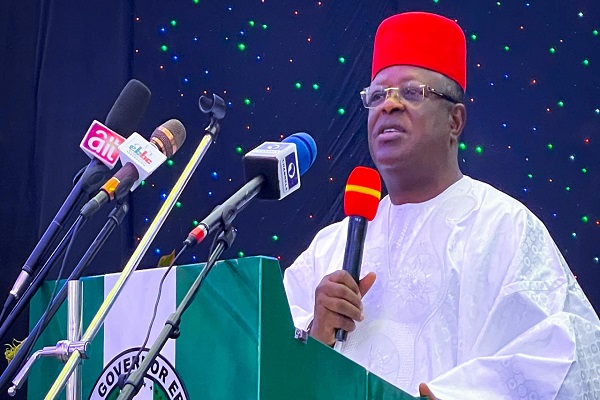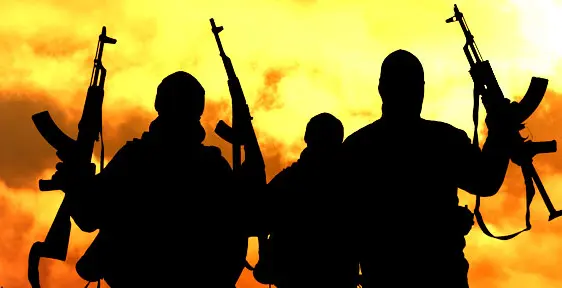By Evans Ufeli Esq
The tragic loss of a life is always a poignant event, but when that loss is accompanied by a dying declaration, it takes on a different layer of complexity. The case of Mohbad, a prominent figure whose alleged last words have been reported to contain pivotal information, raises important questions about legality, ethics, and the broader implications on society. The discussion surrounding his dying declaration is not just a matter of public intrigue; it is a significant legal and moral issue that demands a professional and measured response.
In legal terms, a dying declaration is an oral or written statement made by a person who believes they are about to die and may contain information about the cause of their impending death or the circumstances surrounding it. Dying declarations are historically recognized as an exception to the hearsay rule in many legal systems, based on the premise that a person who believes they are about to die is unlikely to lie. Thus, the declaration made by Mohbad carries weight and should not be dismissed lightly. Mohbad mentioned Sammy Larry and Naira Marley. This evidence must not be overlooked having not being controverted
According to various legal frameworks, including those in Nigeria, these declarations are admissible in court as evidence. This is grounded in principles of justice that seek to honor the last words of an individual who cannot speak for themselves anymore. Therefore, Mohbad's declaration, especially since it allegedly names individuals, requires serious examination and consideration.
In situations like these, the discourse surrounding the individual’s death must be handled with utmost professionalism, sensitivity, and respect for the deceased and their loved ones. Unfortunately, this has not always been the case. The sensationalism in social media and public forums often overshadows the critical legal and ethical dimensions that should guide the conversation.
Many individuals appear focused on personal agendas, whether for social media clout, profit, or even political ends, rather than the judicial implications and the necessity for a thorough investigation. This behavior not only undermines the seriousness of the allegation but can also obstruct justice. In continuing this trend, society may inadvertently contribute to a culture where truth is sacrificed for sensational narratives.
The media plays a crucial role in shaping public perception, and its handling of Mohbad's case illustrates this point. When the media is more interested in ratings and fewer in ethical journalism, it can create a misinformation cycle that harms all involved, particularly the families searching for justice.
For a situation involving a dying declaration, reporters and commentators should strive for accuracy, seeking to substantiate claims rather than merely broadcasting sensational headlines. Misinformation can become a powerful tool for those who wish to manipulate public sentiment for ulterior motives, drawing attention away from the facts and relevant legal processes.
Different stakeholders, including the investigators, families, legal representatives, and the public, all hold ethical responsibilities when approaching the matter of a dying declaration. Law enforcement should be obliged to conduct a thorough investigation that honors the deceased's words and the potential evidence they may hold. This includes properly documenting and analyzing the context of the declaration.
Family members, too, often find themselves grappling with grief while simultaneously coping with external pressures stemming from media coverage and public opinion. In these trying times, it is crucial to support them while also respecting their wishes regarding how the information is disseminated and handled publicly.
Given that Mohbad's dying declaration points to specific individuals, the legal implications are profound. If the allegations within the declaration can be substantiated, those named may face serious legal repercussions, ranging from criminal charges to civil suits. Moreover, the handling and presentation of this evidence in court need to be precise and adhere to legal standards.
The legal system is designed to seek truth and justice, but it relies on the professionalism of its members and society at large to provide a fair pedestrian. Any attempts to diminish or undermine Mohbad's dying words could serve to negate the justice sought not only by his family but by society, which seeks to establish accountability for one's actions.
The community's role cannot be overlooked in this discourse. Social media and public forums are powerful platforms that can shape attitudes toward sensitive issues. Therefore, they should be breeding grounds for respectful dialogue rather than a cacophony of judgment and speculation.
In the wake of Mohbad’s death, communities should reflect on their values and the importance of handling such information responsibly. Discourses should focus on compassion, justice, and respect for all parties involved rather than sensationalism and blame-shifting.
In conclusion, the matter surrounding Mohbad’s dying declaration is intricate and loaded with emotional and legal ramifications. The urgent question is: how do we move forward? The answer lies in a collective commitment to professionalism, respect, and integrity when discussing sensitive issues.
Ignoring this declaration or dismissing it as “just another story” relegates us to a space where justice becomes mired in mistrust and chaos. Committing to examine the details thoroughly, respecting the legal frameworks in place, and empathizing with those affected by this tragedy should guide us all.
As we navigate through this difficult terrain, let’s remember that behind every story is a human being; attempting to maintain the dignity of their memory and the truth of their experiences should be our priority. In this spirit, we can honor Mohbad’s legacy while also promoting a culture where truth, justice, and compassion prevail over sensational narratives and misguided agendas. It is crucial to keep in mind that every time we engage in discourse about such matters, we are choosing not only how we honor the deceased but also how we define ourselves as a community.




